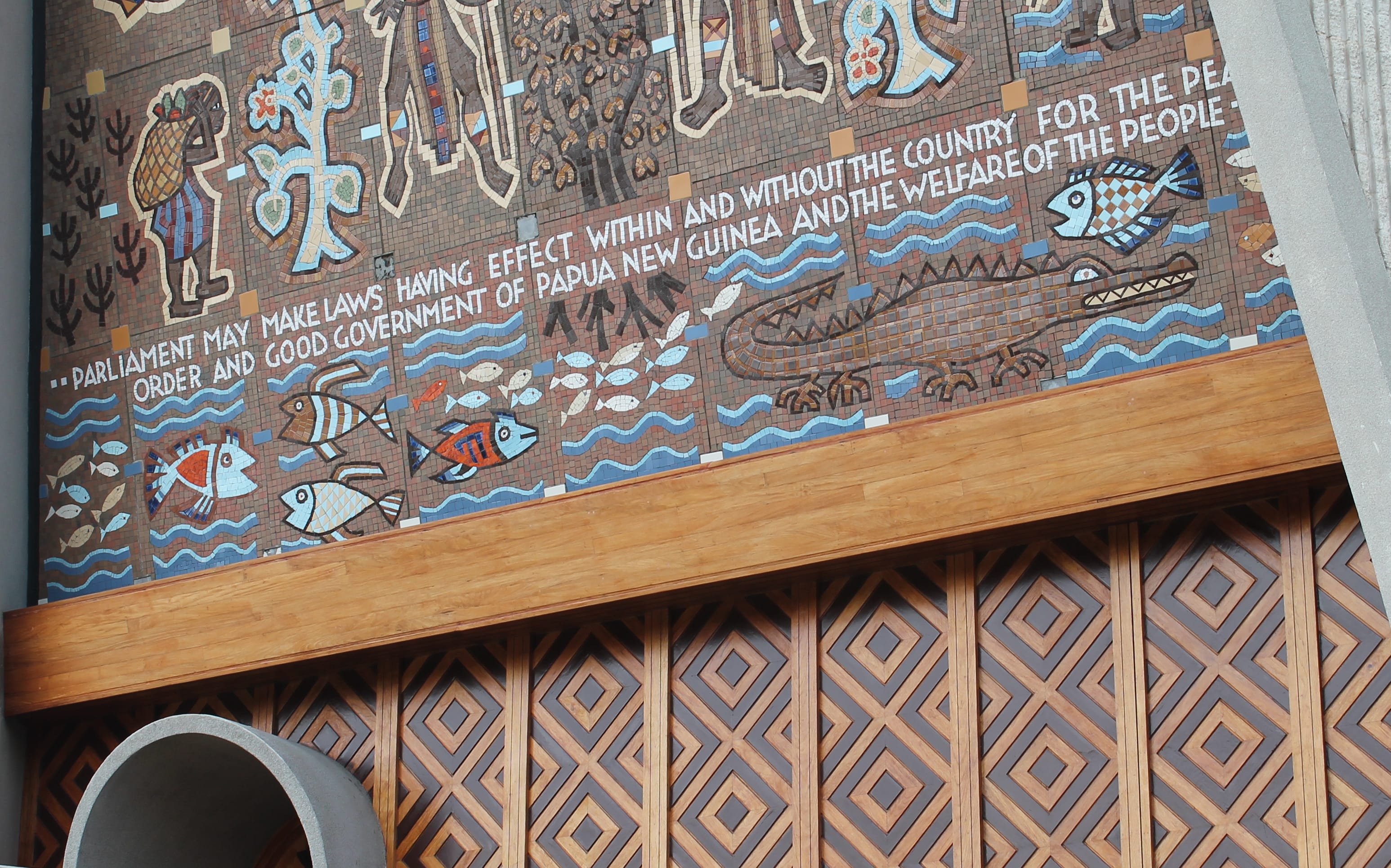Transcript
DULCIANA SOMARE-BRASH: Yeah, it's going really well, we are given a good impression of the skills that are not well understood and looking forward towards the election. The Parliamentary process appears to be not well understood in relation to the entire governing system in relation to other political parties and processes.
JOHNNY BLADES: Do you think getting a hang on some of these procedures and traditions would actually help some of the female candidates in the upcoming general election, and that is obviously a whole different ball game.
DSB: I really like the way the promise of this because they are pointing people the right direction and obviously the enthusiasm in the room suggests that people are going to go and research but they know where to look now and I think that's a really good start, so, with technology the way it is and people practise it to it, I'm hoping that people are going to do their homework, and we are all going to understand the real rules of engagement, a little bit better.
JB: And, obviously in this current term of Parliament just nearing an end, there's a record number of female members in the Parliament, it's still very low. Do you think it will go up? I mean there is a lot of people hoping that it does. But we know how women are disadvantaged in so many points of the process during campaigning, just resource gathering and so forth, aren't they?
DSB: That's a really good question and it's a really hard one to answer actually because there are a few things that are play here, one of them is that the election will be flushed so there is a disparity already going in, people's access to resources, they are not all even, obviously, but the cost of living is very high here and in terms of our own traditions and i guess the level of expectations that you know you have to engage in certain traditional ways. All of our own custom and own traditions require resources, if you are feeling the temperature in the country at the moment, I think there is a preparedness to check out... we just don't want more of the same. So that might allow an opportunity for us women, and I'm hoping I concede some really great candidates who have got really, really, strong potential, so I guess the paradigm starts of shift or context start to shift and people can actually see that many of these women sitting in the room with me have really these strong community experience and really, really, strong self sustaining capability that have been overlooked and 50 percent or it's probably 60 percent of our productive capacity has been ignored in Papua New Guinea because women have been under-utilised.
JB: Do you feel any weight, or pressure, of the legacy of Sir Michael Somare as you embark on this bid for the East Sepik regional seat?
DSB: Yeah, Johnny, I've just returned from a visit to the Highlands, we were there on a policy drive, from Mt Hagen through a couple of provinces, and the emotional link to my father has been revived in a way that I never thought I'd see. People have come forward with receipts and identifications that date back to 1975 (when PNG gained independence and Michael Somare was the first prime minister). So for me very personally, it's been incredibly emotional as my father goes to hang his hat up and retire after almost five decades. So for the certainty for me in terms of my Dad holding down a single job for my whole life, that's pretty disturbing. But at a political level for myself, people have been incredibly loving and warm, and I feel the legacy of my father where ever I travel, and I'm very proud of him.


